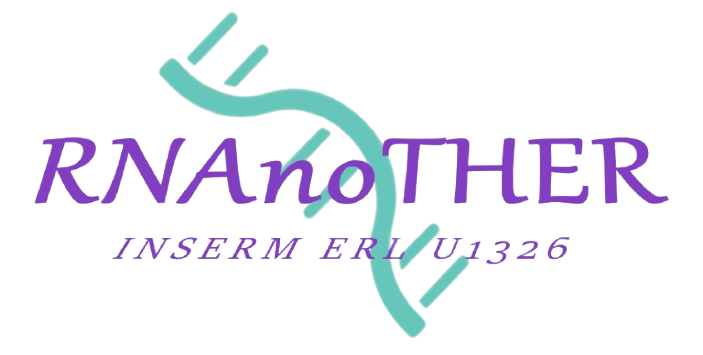Author:
P Rocchi, M Signaevsky, E Beraldi, C Nelson, M Gleave
Publication Date:
01 Apr 2003
Source:
JOURNAL OF UROLOGY
Author:
Palma Rocchi, Françoise Boudouresque, Alfredo J Zamora, Xavier Muracciole, Eric Lechevallier, Pierre-Marie Martin, L’Houcine Ouafik
Publication Date:
02 Feb 2001
Description:
After therapeutic hormone deprivation, prostate cancer (CaP)cells often develop androgen-independent growth through not-well-defined mechanisms. The presence of neuroendocrine (NE) cells is often greater in prostate carcinoma than in normal prostate,and the frequency of NE cells correlates with tumor malignancy, loss of androgen sensitivity, increase of autocrine-paracrine activity, and poor prognosis. In some CaPs, neuropeptides have been previously implicated as growth factors. Peptidylglycine α-amidating monooxygenase (PAM) is the enzyme producing α-amidated bioactive peptides from their inactive glycine-extended precursors. In the present work, we demonstrate that androgen-independent PC-3 and DU145 cell lines, derived from human CaP, express PAM in vitroand in xenografts implanted in athymic nude mice, indicating that they are able to produce α-amidated peptides. Contrarily, barely …
